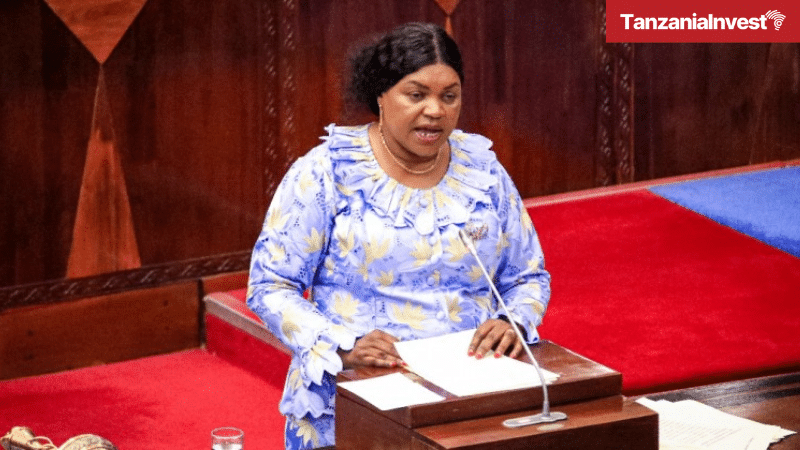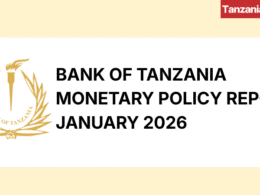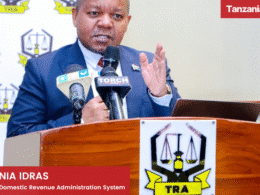Tanzania’s Minister of Health, Hon. Jenista Mhagama, has presented a budget proposal of TZS 1.68 trillion for the 2025/26 financial year, outlining the sector priorities.
These include the training of 28,000 community health workers, the expansion of specialist services to nine referral hospitals, investment in AI-based systems, and the revitalization of local pharmaceutical manufacturing.
The Ministry will continue implementing the Sixth Phase Government’s health agenda by strengthening preventive and curative services, health infrastructure, and specialist care delivery.
To address health emergencies, the Ministry will establish Public Health Emergency Operations Centers (PHEOCs) in six additional regions and improve cross-border services by constructing isolation infrastructure at 16 border points.
Immunization, nutrition services, and community health education will remain a focus, while the Community Health Workers Program will aim to build the capacity of 28,000 workers.
A major investment will be made in health ICT and artificial intelligence to enhance the quality and efficiency of service delivery, while a new National Public Health Institute will be established.
Benjamin Mkapa Hospital is planned to be upgraded to national status and become a center of excellence for hematology, kidney transplantation, and related services in sub-Saharan Africa.
To improve access to medicines and medical equipment, the Ministry plans to promote local manufacturing of health products and revitalize the Tanzania Pharmaceutical Industry (TPI) factory in Arusha to begin ARV production.
The Minister stated that efforts to implement the Universal Health Insurance Law will continue, including health insurance card issuance to various groups, and allocation of funds to address policy changes from donor countries in view of reductions or realignments in external health financing.
The government will also strengthen maternal and child health services by procuring essential birth medicines, pediatric drugs, and equipment, while increasing access to family planning and newborn respiratory care.
Specialist and super-specialist services will be expanded across multiple referral hospitals and national institutions, including liver, spine, and shoulder surgeries, with support from artificial intelligence technologies.
The Ministry plans to boost health tourism and establish a prostheses manufacturing facility at KCMC Zonal Hospital, as well as introduce interventional neuroradiology at Benjamin Mkapa Hospital.
The number of Regional Referral Hospitals offering essential specialist services is expected to grow from one to nine, and rehabilitation services will be extended from eight to eighteen facilities, with preparations ongoing for a center of excellence in Tabora Region.
Mental health and ageing care will also be prioritized, including early disability detection tools, promotion of Healthy Ageing Clubs, and expanded services for people with disabilities.
The government also aims to increase the number of hospitals integrating traditional and alternative medicine from 14 to 21, and to develop medicinal plant farms in each zone.
According to the Minister, research will continue to guide health strategy, with a focus on non-communicable diseases, outbreaks, AMR, and traditional medicine.
Tanzania’s health sector is primarily funded through the national budget, complemented by support from development partners and public health insurance schemes.
The Ministry of Health is responsible for policy development, regulation, and the delivery of health services across all levels.
The sector operates under the current Health Sector Strategic Plan V (2021–2026), which emphasizes universal health coverage, local capacity building, and resilient service systems.
In recent years, key challenges have included infrastructure gaps, shortage of skilled personnel, and reliance on imports for medical supplies.











